Under the encouragement of technology billionaire Elon Musk when he was still collaborating, the administration of US President Donald Trump approved three AI platforms for deployment in federal agencies.
Now, even though Mr. Musk has left, the Government Efficiency Department is still operating, and the three leading artificial intelligence (AI) platforms, ChatGPT (OpenAI), Gemini (Google), and Claude (Anthropic), have been widely deployed in government agencies.

US government employees have unlimited access to AI models to increase work efficiency. Photo: US Gov
The initiative comes at a time when AI is threatening to replace federal employees, who are already under pressure from the Trump administration's Department of Government Efficiency.
This emerging technology is also evolving at a pace that the government has struggled to keep up with, while the US administrative system is notorious for its slow bureaucracy and uneven adoption of technology.
House Finance Committee member Josh Gruenbaum said the goal of the rollout is to allow staff to test responsibly and "make day-to-day workflows more efficient."
Federal government employees will be able to use any version of the platforms for their work without restrictions.
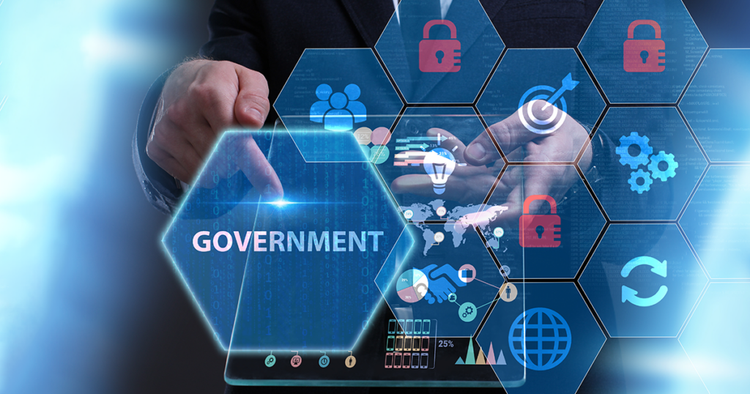
The top 3 AI models ChatGPT, Gemini and Claude were provided to the US government for $1.
To address security concerns around government data, the platform is built on cloud infrastructure managed by the US General Services Administration (GSA), ensuring that agency data is not collected to train the models — a key difference from commercially available AI tools.
Both OpenAI and Anthropic quickly announced that they would sell their AI to the government for a nominal $1. While a deal that benefits Washington, it also gives the two multibillion-dollar companies a first-mover advantage that could cement their models in government, potentially putting smaller competitors and new entrants at a disadvantage.
The US government says its new AI program is voluntary, not mandatory, and that more AI models may be added later. Agencies opt in by signing a simple agreement, after which employees can immediately access chat, search, and programming features.
The "AI Action Plan" that Donald Trump announced last July shows his ambition to make America the winner in the global AI race.
These directives not only regulate environmental standards to enhance power supply to data centers, but also make clear demands on the ideological neutrality of AI.
In particular, the directive requiring federal agencies to use only “nonpartisan” AI has created a new standard for selecting and deploying AI technology in the public sector.
This reflects growing concerns about the objectivity and fairness of AI systems, especially when they are used in administrative decisions that affect the lives of citizens.
With the formalization of AI’s role in government operations, the United States is entering a new era of public administration. From processing citizen records to analyzing policies, AI may gradually become an indispensable part of government machinery.
This could not only improve government efficiency but also open up new possibilities for delivering public services to citizens. However, it also raises important questions about privacy, transparency and accountability in the digital age.
Source: https://khoahocdoisong.vn/cong-chuc-my-duoc-trang-bi-ai-de-nang-hieu-suat-lam-viec-post2149053102.html





![[Photo] Science and Technology Trade Union honors exemplary workers and excellent union officials](https://vphoto.vietnam.vn/thumb/1200x675/vietnam/resource/IMAGE/2025/9/17/842ff35bce69449290ec23b75727934e)
![[Photo] General Secretary To Lam chairs a working session with the Standing Committee of the Government Party Committee](https://vphoto.vietnam.vn/thumb/1200x675/vietnam/resource/IMAGE/2025/9/17/cf3d855fdc974fa9a45e80d380b0eb7c)





![[INFOGRAPHIC] China builds the world's fastest electric supercar](https://vphoto.vietnam.vn/thumb/402x226/vietnam/resource/IMAGE/2025/9/17/ea88697cce124a218d8806845ebab63a)



















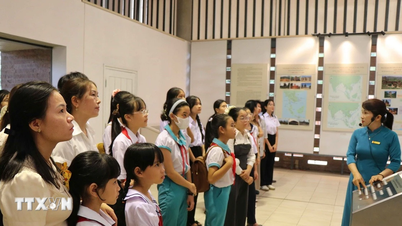








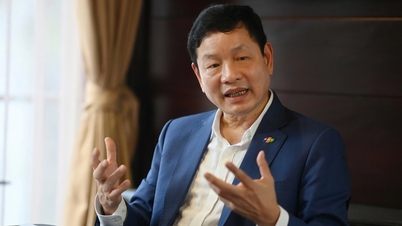





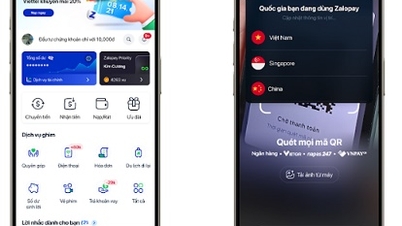


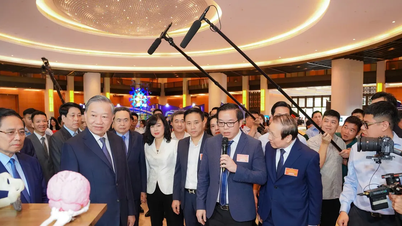










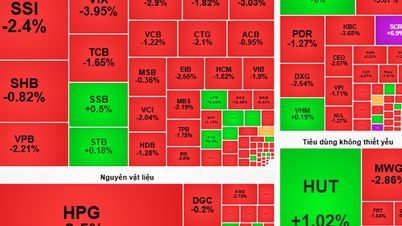







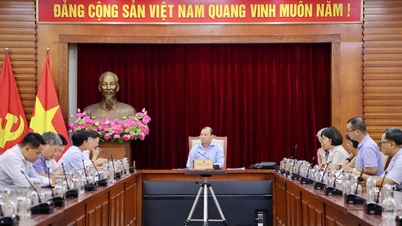


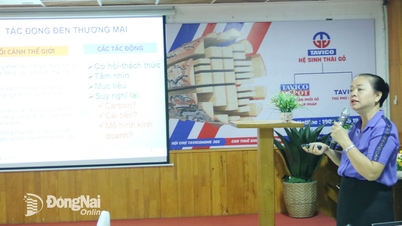























Comment (0)